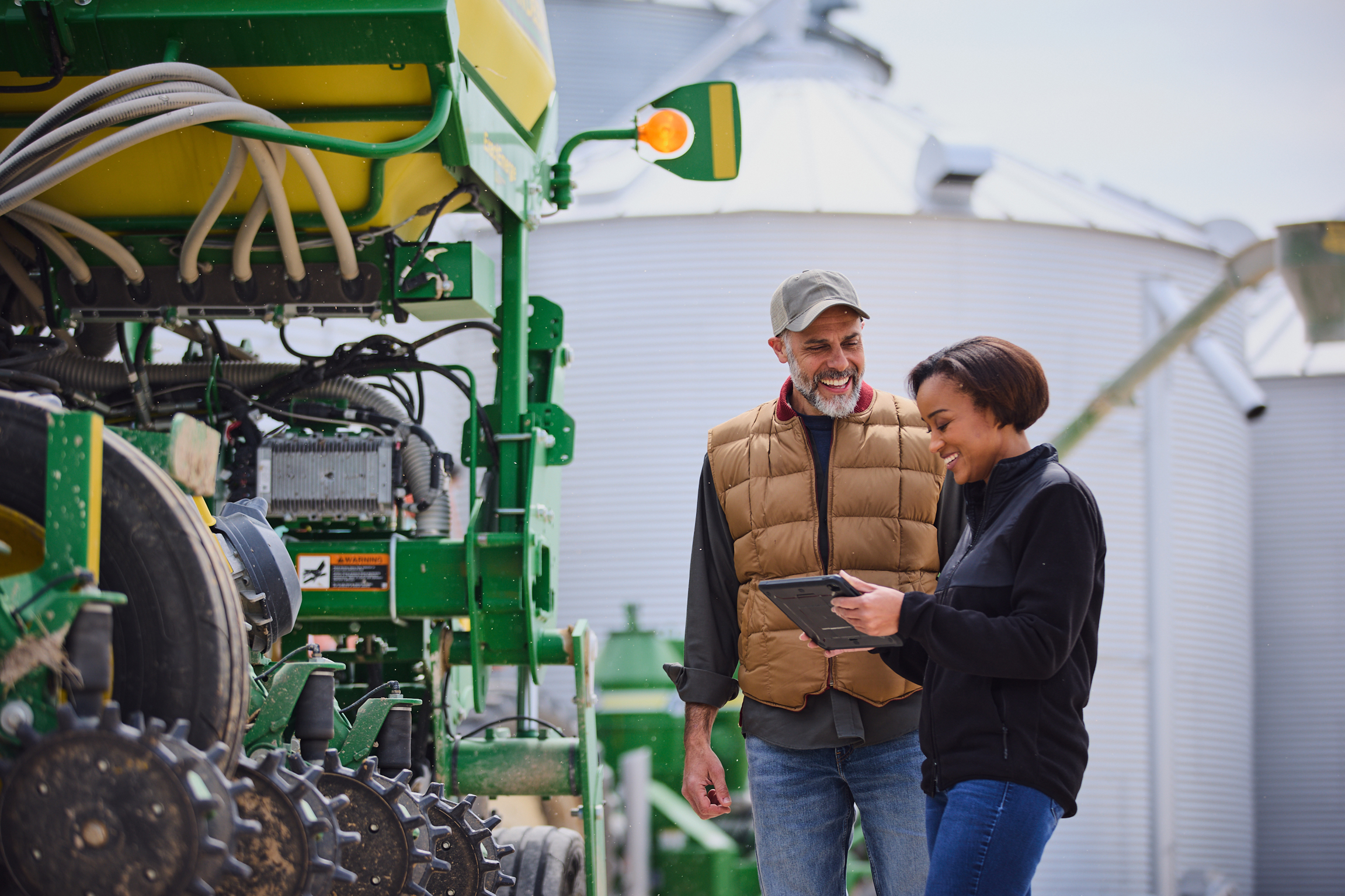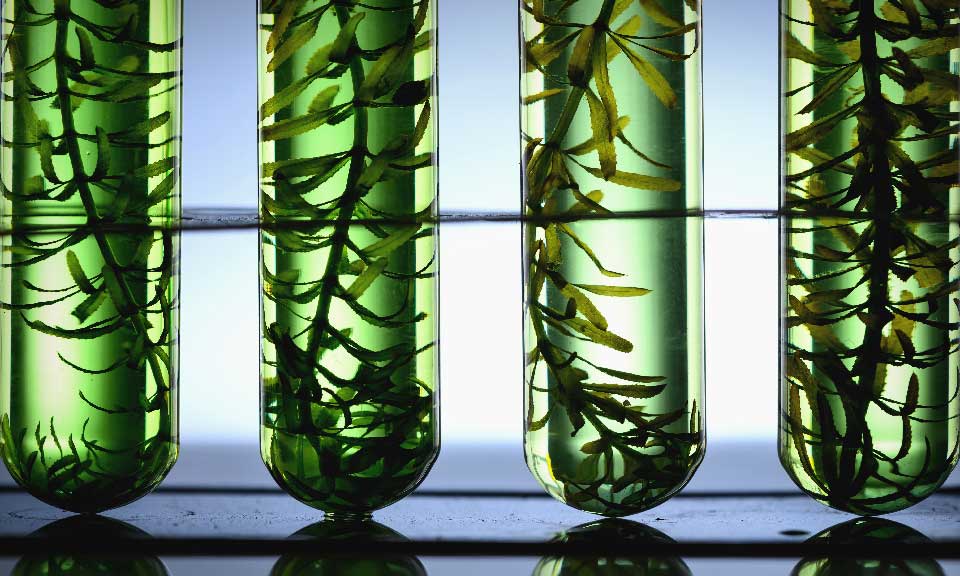Russian missiles hit Ukraine's grain and sunflower oil terminals in Nikolayiv

Grains traders Bunge and Viterra said June 22 that missiles had hit their grain and sunflower oil terminals in Nikolayiv, one of Ukraine's most important agricultural ports, as Russia's war with Ukraine encompasses key commercial assets.
The attacks on Nikolayiv come just under four months after the country was invaded by Russia and on the same day a refinery in Southern Russia said that two drone strikes had forced it to suspend operations.
The port typically handles around a third of Ukraine's total grain exports, and like Ukraine's other deep water ports, it had been closed since the end of February.
The resulting loss of corn, wheat and sunflower oil to the global market has prompted U.S. Secretary of State Antony Blinken to accuse Russia of "weaponizing food."
"Viterra can confirm that its Everi terminal was hit and is currently on fire. There are no fatalities," said a spokesman for Glencore's agricultural unit. The terminal has a total storage capacity of 160,000 mt and can load up to 1.5 million mt of vegetable oil per year, which is equivalent to around a quarter of Ukraine's total sunflower oil exports in the marketing year 2020-21 (July to June).
Crop trader Bunge said its facility had also been hit. "A more thorough inspection is required to assess the exact impact on the facility," the company said in a statement, adding that the plant had been closed since Feb. 24. In its most recent annual report, the company said that it had total assets of $681 million in Ukraine as of Dec. 31, 2021. Bunge, which is the world's largest oilseed processor, also owns two crushing facilities in Ukraine and a share in a corn milling plant there.
There were also reports of strikes at other facilities in the city, but they couldn't be confirmed.
Ukraine is one of the world's largest grains producers and its war with Russia has led to food prices being driven up in recent months. Prior to Russia's invasion, the US Department of Agriculture had expected Ukraine to export 16.9 million mt of wheat and 33.5 million mt corn in MY 2021-22, which represented 12% and 16% of global trade, respectively, for the two grains.
The June 22 attacks come two weeks after another Russian attack in Nikolayiv, which hit the Nika-Tera terminal, owned by Group DF, with a grain storage capacity of 515,000 mt.
The most severe damage to any commercial asset so far inflicted by Russian troops has been in the steel sector with Rinat Akhmetov now seeking $17 billion to $20 billion from Russia for the damage to his Azovstal steelworks, according to an interview with Ukrainian news portal mrpl.city.

News
Bayer AG has announced the pilot of an expert generative AI (GenAI) system that “quickly and accurately” answers questions related to agronomy, farm management and Bayer agricultural products. The pilot has been developed in collaboration with Microsoft as leading technology partner and Ernst & Young (EY) as an industry partner, the company said. The system is the result of Bayer using proprietary agronomic data to train a large language model (LLM) with years of internal data, insights from thousands of trials within its vast testing network and centuries of aggregated experience from Bayer agronomists around the world, the company said. “Our unique GenAI system has the potential to serve agronomists and benefit farmers all over the world, further advancing AI as an indispensable technology for agriculture,” said Amanda McClerren, CIO and head of digital transformation & information technology for Bayer’s crop science division. Bayer said it is exploring ways to integrate the expert GenAI system into its digital offerings, and the company anticipates broad opportunities for collaboration with other agricultural offerings and partners. “Bayer aims to expand the pilot of the expert GenAI system to selected agronomists and potentially farmers as early as this year, while continuing to advance a separate GenAI prototype allowing users to directly query their own farm data,” the company said. In addition, the partnership between Bayer and Microsoft enables the company to bring ready-made capabilities, AgPowered Services, to the agri-food industry, such as Bayer’s Historical Weather that brings a comprehensive weather dataset to Azure Data Manager for Agriculture that spans the last 40 years and provides detailed, field-level weather insights across global agricultural regions, the company said. Integrating tools from IBM, including from the IBM Environmental Intelligence Suite, the new capability, which was previously available for internal use only, can inform weather risk assessments and actuary processes, Bayer said. It will also be used by Bayer and others to forecast crop seasonality and production changes year over year, as well as train agronomic models, it said. Meanwhile, Bayer is developing a connector that enables access to irrigation data from Lindsay Corp., an industry-leading irrigation solution provider. This expands the data types available to Azure Data Manager's enterprise customers, making it possible for them to connect to irrigation data in the same way as weather, imagery, original equipment manufacturer (OEM) and other data types, the company said. The new cloud offerings will also support regulatory and sustainability reporting, such as providing supply chain traceability that can help ensure compliance with new laws such as the EU Deforestation Regulation, which is expected to go into effect at the end of 2024, Bayer said. This article was first published in chemweek.com. Photo credit: Bayer

News
Asia has seen the fastest growth in biofuels production and exports globally, driven by government policies and export markets for feedstocks. To capitalize on the boom, governments have rapidly pushed out biofuel mandates focused around their country’s main agricultural products. Presently, the largest biofuel producers in the region are China, India, Indonesia, Malaysia, the Philippines and Thailand. Here’s a ready reckoner for Asia’s major biofuel policies along with production, trade and prices. Click for the full-size infographic